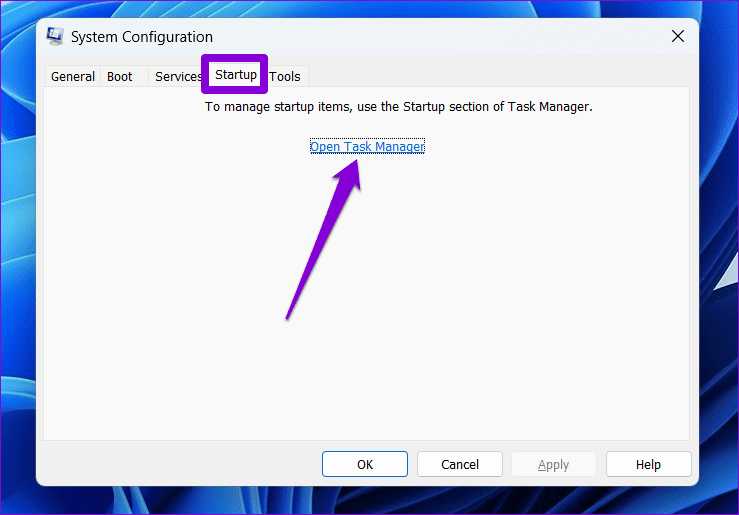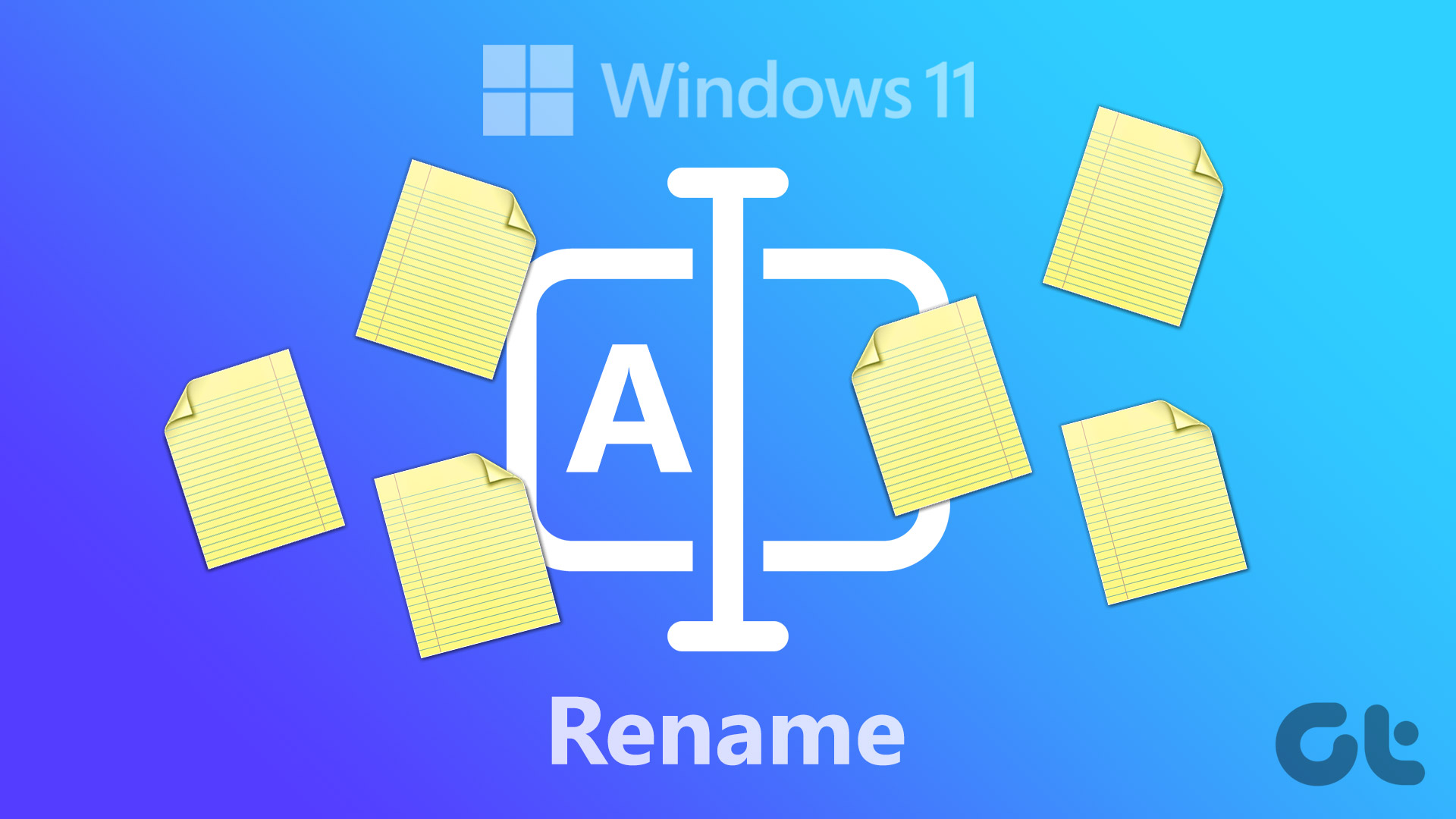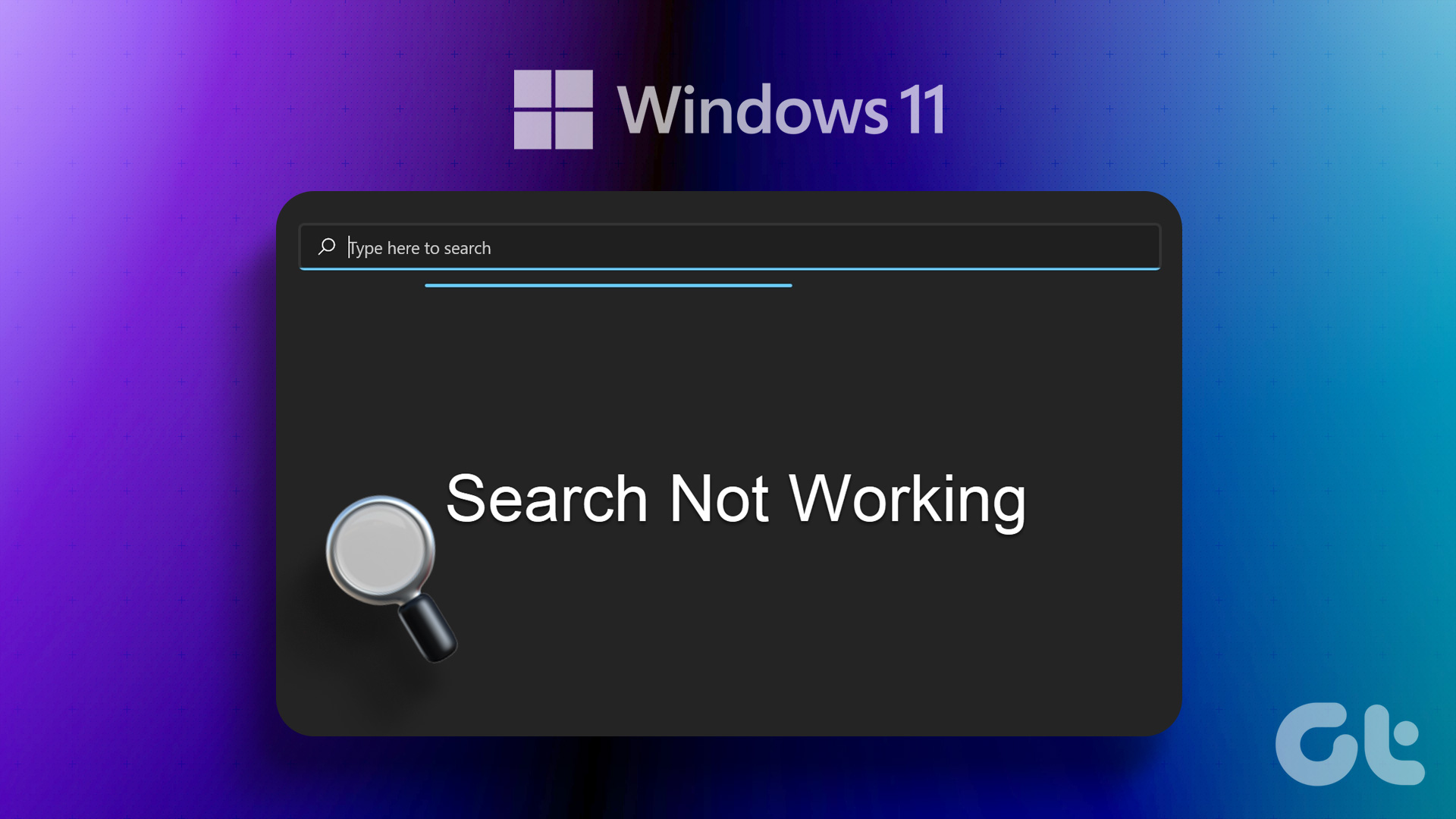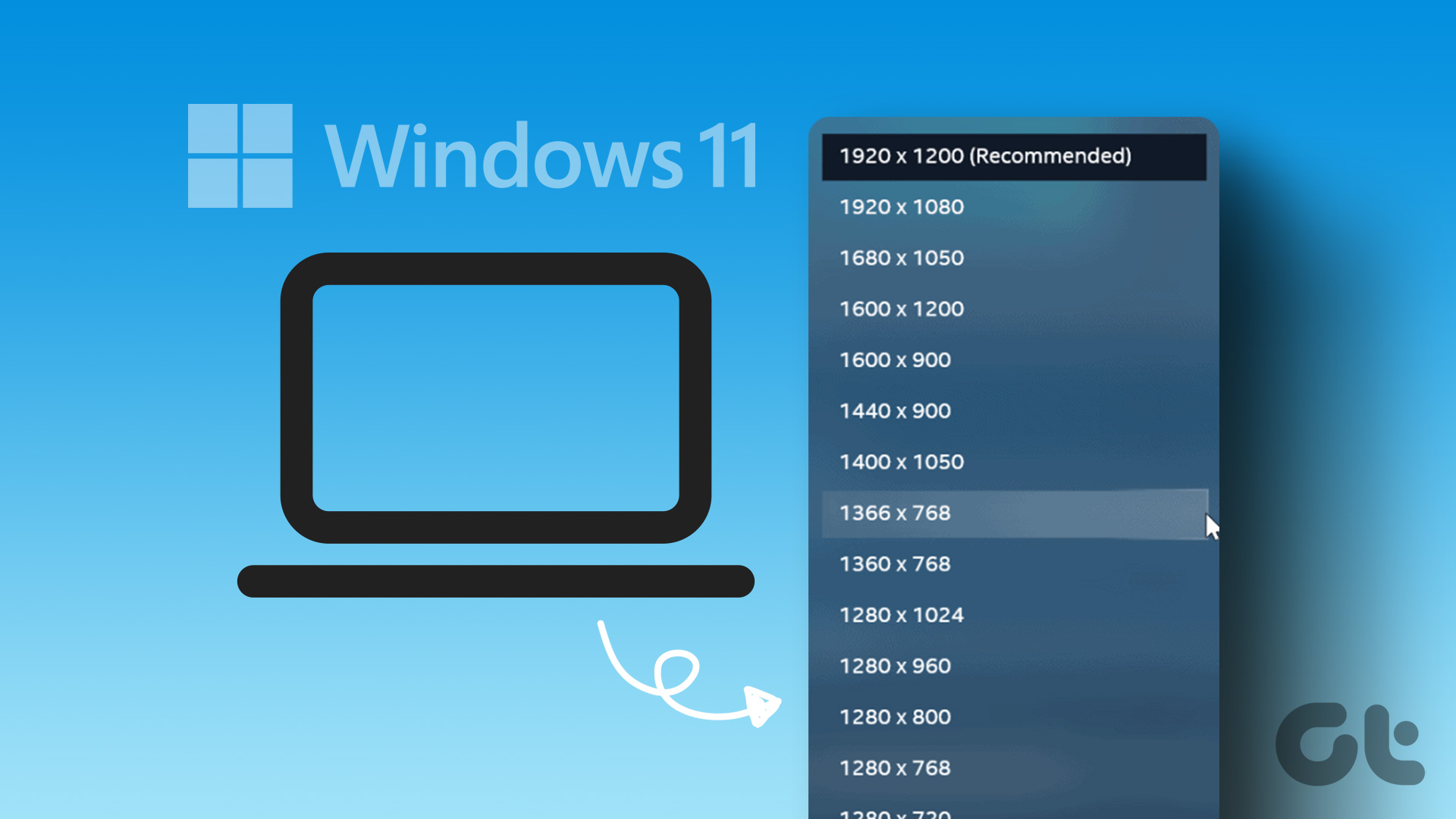Try Basic Fixes
- Make sure the folder is not in use: You may have difficulty renaming a folder on your PC if it is already open in another program. To avoid this, cycle through all of your open apps and programs and close any that may be using the folder you’re trying to rename.
- Scan for malware: The presence of malware on your PC can also cause such anomalies. To overrule this possibility, scan your PC for malware using Windows Defender or a reputable third-party antivirus program.
- Install Windows updates: Windows 11 may be having trouble renaming folders due to a bug. If that’s the case, installing pending software updates should help.
Fix 1: Restart Windows Explorer
Windows Explorer is a process that provides the Graphical User Interface (GUI) for File Explorer. If the process encounters any issues, File Explorer may not function properly and you might have trouble renaming folders. Here’s what you can do to fix it.
Step 1: Press Ctrl + Shift + Esc on your keyboard to open the Task Manager.
Step 2: In the Processes tab, right-click on the Windows Explorer process and select Restart.

Fix 2: Disable Controlled Folder Access
Controlled folder access is a feature in the Windows Security app that helps protect your files and folders from unauthorized changes. This feature may occasionally prevent you from renaming folders. You can temporarily disable it to see if it helps.
Step 1: Open the Windows Security app on your PC and navigate to the Virus & threat protection tab.
Step 2: Click on Manage ransomware protection.

Step 3: Toggle off the switch for Controlled folder access.

Fix 3: Get Ownership of the Folder
You might be unable to rename a folder on Windows due to a lack of necessary permissions. To fix this, you should get ownership of the folder you’re trying to rename by following the steps below.
Step 1: Right-click on the folder you wish to rename and select Properties.

Step 2: Under the Security tab, click the Advanced button.

Step 3: Click on Change next to the Owner.

Step 4: Type in your username in the text field and click the Check Names button. Then, click OK.

Step 5: Check the box that reads Replace owner on subcontainers and objects. Then, hit Apply followed by OK.

Fix 4: Try Clean Boot
There’s a chance that a third-party app or program running in the background is interfering with Windows and causing such problems. To verify this, you can boot your PC in a clean boot state where it only runs with essential apps and services.
Step 1: Press the Windows key + R to open the Run dialog, type in msconfig, and press Enter.

Step 2: Under the Services tab, mark the box that reads Hide all Microsoft services and click the Disable all button.

Step 3: Switch to the Startup tab and click on Open Task Manager.

Step 4: In the Startup tab, select a third-party app and click the Disable button at the top. Repeat this step to disable all third-party apps and programs.

Restart your PC to enter the clean boot state and see if you can rename folders. If this method works, you’ll need to look through any recently installed apps and programs and remove them.
Was this helpful?
Last updated on 14 May, 2024
The article above may contain affiliate links which help support Guiding Tech. The content remains unbiased and authentic and will never affect our editorial integrity.










